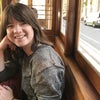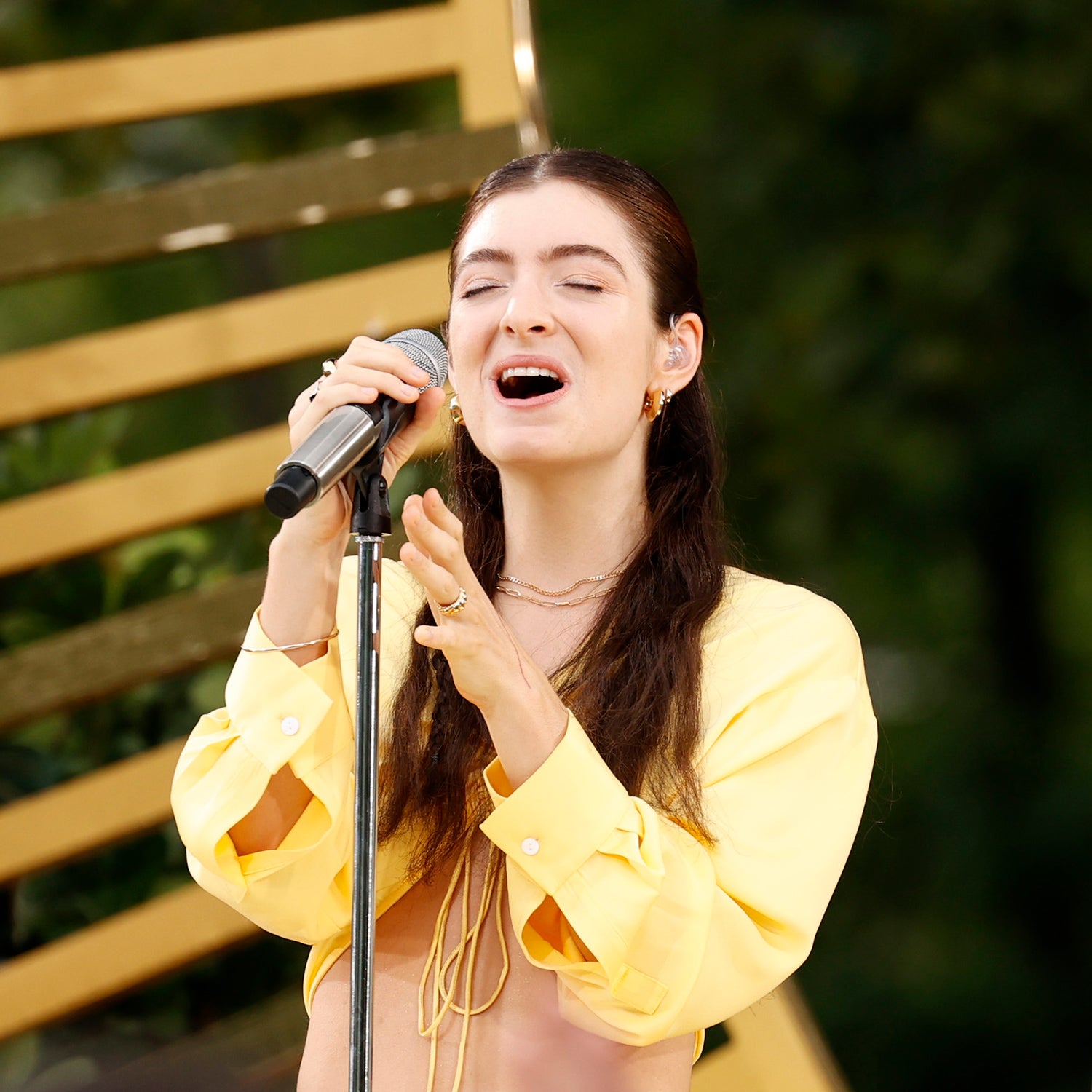In June, when pop star Lorde released “,” the first single from her new album of the same name, many people wondered if there was some deeper, hidden message to it. The acoustic guitar was so straightforwardly sunny; the lyrics were about simply having a nice time at the beach. Was Lorde, usually so dark and melodramatic (it was the name of !), messing with us? Was it satire? Was it really about climate change? No, Lorde insisted. As she told , it was all part of an album that truly was more about enjoying nature and “how precious life is” than about global catastrophes.
When the dropped on Friday, it became even clearer that one of the main themes of Solar Power is right there in first single‚Äôs lyrics: ‚ÄúAnd I throw my cellular device in the water.‚Äù Lorde is¬Ýcompelling us to disconnect from technology and reconnect with nature. She‚Äôs characterized many of the songs as ‚Äúlove stories,‚Äù referencing the actor for artists to make people fall back in love with nature in order to save it.¬ÝBut if that‚Äôs what Solar Power is trying to do, the attempt feels a little half-hearted‚Äîthe album makes for easy listening, with clever moments of songwriting, but it‚Äôs not quite convincing in its message.
But most of the songs on Solar Power are more about the glitzy, stressful life she’s leaving behind than about what she gains when she escapes.
It isn‚Äôt an album of love songs to nature as much as it is an album of ‚Äúplease take me back, I was so wrong‚Äù songs to nature. The 24-year-old New Zealander rose to fame with the release of her debut album¬Ý in 2013 and Melodrama four years later. Both featured wise-beyond-her-years lyrics and moody but danceable music that won Lorde two Grammys, many more nominations, and a devoted fan base. By now, Lorde has seen it all, as she nods at throughout the album: she‚Äôs , ¬Ýto learn about climate change, been through the surely nightmarish machinery of pop stardom.¬ÝAnd in this album, the clearest message is that she is truly done with it all‚Äîno, really, even more so than when she was over the lifestyles of the rich and famous in Pure Heroine‚Äôs ‚ÄúRoyals,‚Äù or when she was over party culture in ≤—±±Ù¥«ªÂ∞˘≤π≥æ≤π‚Äôs ‚ÄúSober‚Äù (and ‚ÄúHomemade Dynamite‚Äù and ‚ÄúPerfect Places‚Äù).
But most of the songs on Solar Power are more about the glitzy, stressful life she‚Äôs leaving behind than about what she gains when she escapes.¬ÝThe intro song, ‚ÄúThe Path,‚Äù which she has as a thesis for the album, opens with Lorde as a ‚Äúteen millionaire having nightmares from the camera flash.‚Äù In other tracks, she seems to still be mulling over how much she wants to let go of her youth and fame: the charming ‚ÄúStoned at the Nail Salon‚Äù is a quarter-life crisis daydream in which Lorde, at the wizened old age of 24, reminds herself that we‚Äôre all going to die one day. Even in ‚ÄúOceanic Feeling,‚Äù in which she mostly sings about swimming, cicadas, and learning how to ‚Äúbreathe and tune in,‚Äù she can‚Äôt help but look back: ‚ÄúNow the cherry black lipstick‚Äôs gathering dust in a drawer / I don‚Äôt need her anymore.‚Äù ‚ÄúSolar Power‚Äù ends up being one of the only songs that revels in her newfound freedom.
In the end, Solar Power isn‚Äôt actually about what it feels like to reconnect with nature; instead, we spend most of our time struggling toward enlightenment with Lorde. The awkward thing about sharing this journey is that Lorde does not live in the same world as any of us. And why should she? But her lyrical focus on the rich-and-famous lifestyle she no longer needs lends an out-of-touch air to the album‚Äôs messaging about the need to unplug. She can‚Äôt help but feel pressure from her fans‚Äô high expectations: ‚ÄúMy kids‚Äîmy community‚Äîthey‚Äôre expecting spiritual transcendence from me, from these works,‚Äù she said . And of course she compares herself to peers even younger, richer, and more famous than she is: in a newsletter¬Ýexplaining the origins of ‚ÄúStoned at the Nail Salon,‚Äù Lorde recalls feeling ‚Äúover the hill‚Äù in the quiet time between albums. ‚ÄúI wasn‚Äôt sure if that life was going to satisfy the same thirsty, fearless person who could tear apart a festival stage or be in seven countries in seven days.‚Äù In ‚ÄúCalifornia‚Äù she reflects on the ups and downs of fame and says ‚Äúgoodbye to all the models, all the bottles.‚Äù What are we supposed to do with this? These blind spots can make the album‚Äôs appeal to just relax and go outside feel a little patronizing at times.
Solar Power might be better understood as an exploration of the gray area Jenny Odell describes in her book about escaping the attention economy, , which Lorde has cited as inspiration for the album. Odell offers a middle ground between dropping out of society and staying on the hamster wheel of capitalism. She calls it “standing apart”: “To stand apart is to take the view of the outsider without leaving, always oriented toward what it is you would have left,” Odell writes. “To stand apart is to look at the world (now) from the point of view of the world as it could be (the future), with all of the hope and sorrowful contemplation that this entails.”
Seen in that light, the parts of Solar Power that seem confused may be deliberately so. Lorde’s going through a somewhat less relatable version of what many of us have experienced lately: realizing we’ve been swimming in the attention economy before we could name it, and struggling to unplug, without abdicating responsibility toward others. A fairer reading of Solar Power is that Lorde has really taken to heart that she can never really run off to the woods and escape it all; now she’s navigating the space between opting out and staying engaged. And at the very least, being in that space seems to be the reason Lorde was able to make the album at all. As she told , “I really think people need me to be able to see our world clearly in order to write about it, and I couldn’t do that and remain online.”


